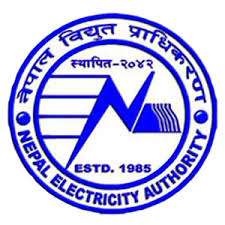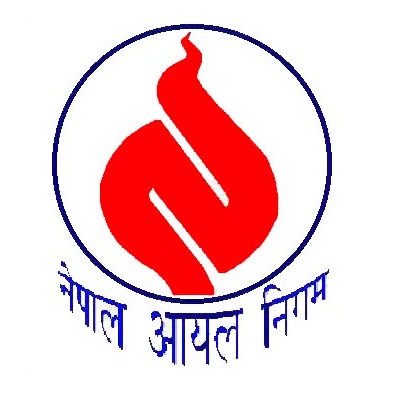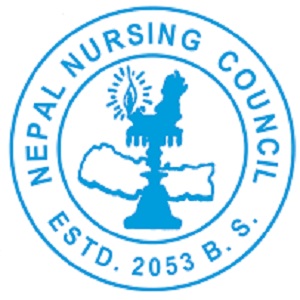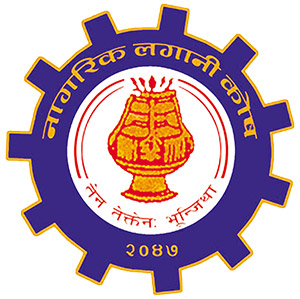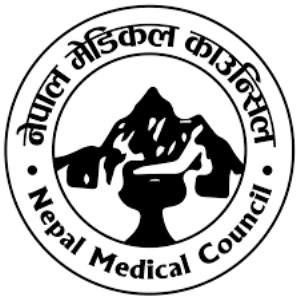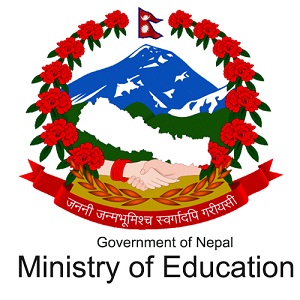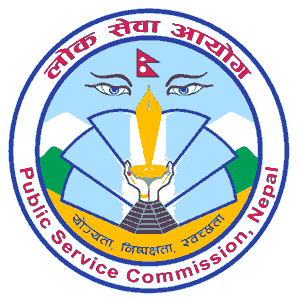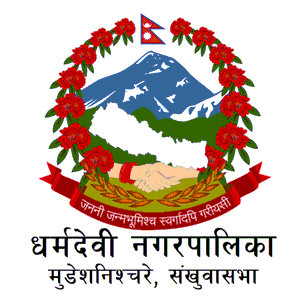Overview
Nepal Ayurveda Medical Council (NAMC)
Nepal Ayurveda Medical Council (NAMC) is the national regulator for Ayurveda education and practice. Formed under the Ayurveda Medical Council Act, 2045 BS (1988 AD), it sets the rules for who can study, teach, and practice, and how services should be delivered.
The goal is straightforward: protect patients, support competent professionals, and keep Ayurveda safe and trustworthy across Nepal.
What does NAMC?
-
Sets standards for Ayurveda colleges and training programs.
-
Registers and licenses practitioners, including recognized traditional healers.
-
Enforces a professional code of ethics and handles complaints.
-
Advises the government on the appropriate use of Ayurvedic medicines.
-
Encourages research that improves teaching and clinical care.
If you work or study in Ayurveda, NAMC is the body that defines the path you follow—and checks that everyone stays on it.
Why this matters to the public
Regulation is about protection. When a practitioner is licensed, it means they have completed recognized training and met competency requirements. When a college is accredited, it means its classrooms, clinics, and teachers meet agreed standards. And when there’s a concern about safety or conduct, there is a formal place to raise it and get a response. That structure builds trust.
Who needs to register
-
Ayurveda doctors and recognized traditional healers: Must be on the NAMC register to practice.
-
Educational institutions: Must be recognized by the council before admitting students.
-
Foreign practitioners: Can practice only with provisional registration, usually for one year at a time, subject to renewal.
Path to practice (for Nepali practitioners)
-
Study at a recognized program. Choose a college that NAMC has approved.
-
Apply for registration. Submit documents as required by the council.
-
Pass the licensing examination(s). Demonstrate knowledge, clinical skill, and readiness for practice.
-
Receive your license and maintain good standing. Follow the code of ethics, keep accurate records, and meet ongoing requirements.
What colleges must show to get recognized
-
Facilities: Adequate classrooms, labs, libraries, and clinical spaces.
-
Faculty: Qualified teachers with suitable student–teacher ratios.
-
Training: Supervised clinical exposure and a structured internship.
-
Academic quality: Clear curriculum, fair assessments, and support for student welfare.
-
Quality systems: Internal review, documentation, and continuous improvement.
NAMC inspects these areas before granting recognition and reviews them periodically.
Standards and ethics
NAMC’s code of ethics sets out how Ayurveda professionals should work with patients and colleagues. Key themes include:
-
Safety and consent: Explain treatment options, benefits, and risks.
-
Confidentiality: Protect personal information.
-
Professional integrity: Avoid conflicts of interest and dishonest practice.
-
Accountability: Keep proper records and cooperate with reviews or investigations.
If a complaint arises, the council can investigate and apply outcomes that fit the evidence—ranging from guidance and extra training to suspension or removal from the register.
How complaints are handled
Anyone can raise a concern about the safety or conduct of a registered practitioner. The council reviews the complaint, gathers information, and reaches a decision that balances fairness to the practitioner with protection of the public. The purpose is improvement and safety, not punishment for its own sake.
Oversight of Ayurvedic medicines
Production, sale, and distribution of medicines involve several public agencies. NAMC’s role is to advise on appropriate clinical use and ensure training and practice reflect safe standards. That link between education, clinics, and policy helps keep patients safe.
Research and professional development
Strong practice grows from good evidence. The council encourages studies that test teaching methods, refine clinical guidance, and address public health needs. It also supports collaboration among colleges, hospitals, and related institutions so that classroom learning and patient care move forward together.
Governance—who runs NAMC
Policy and oversight sit with a main committee designed to represent the profession, education, and the public sector:
-
Chairperson: an Ayurveda doctor nominated by the Government of Nepal
-
Three Ayurveda doctors nominated by the government
-
Director of Ayurveda (DoA)
-
Three doctors elected by registered practitioners
-
One campus chief nominated by the government
-
Registrar nominated by the government
This structure blends professional insight with public accountability.
History
-
1982 AD: NAMC formed as an autonomous body focused on regulating practice and education.
-
2045 BS (1988 AD): The Ayurveda Medical Council Act came into force, giving NAMC clear legal authority over courses, institutions, practitioners, and recognized traditional healers.
-
Since then: The council has introduced standards for colleges, formal registration and licensing, a code of ethics, and a complaints process—bringing Ayurveda firmly into regulated health services in Nepal.
Mission and vision
Mission: Promote and regulate safe, competent, and ethical Ayurveda practice through clear standards, fair oversight, and protection of the public.
Vision: An Ayurveda system trusted by patients, supported by quality education, and practiced by accountable professionals across Nepal.
Core functions and objectives
-
Ensure orderly, safe delivery of Ayurveda services nationwide.
-
Define practitioner qualifications, conduct licensing exams, and maintain the national register.
-
Recognize colleges and programs that meet standards for facilities, faculty, and training.
-
Set or approve elements of the curriculum, admissions, assessment, and internship.
-
Advise the government on the appropriate use of Ayurvedic medicines.
-
Encourage research that strengthens teaching, clinical practice, and public health.
-
Recognize relevant qualifications in Ayurveda and, where defined, certain related fields.
-
Investigate complaints and enforce the code of ethics with proportionate actions.
If you’re a student or applicant
-
Check recognition first. Confirm that the program and college are on NAMC’s list.
-
Understand the path. Know your curriculum, clinical hours, and internship requirements.
-
Keep records. Save transcripts, evaluations, and internship logs—you’ll need them for registration.
If you’re a practitioner or recognized traditional healer
-
Maintain your registration. Renew on time and keep your contact details current.
-
Follow the code. Protect patient rights, obtain informed consent, and keep good records.
-
Keep learning. Engage in continuing education that aligns with NAMC guidance.
If you run an institution
-
Align with standards. Facilities, faculty, and curriculum must meet NAMC norms.
-
Document quality. Use internal audits and regular reviews to keep improving.
-
Support people. Invest in faculty development and student welfare.
If you’re a patient or family member
-
Choose registered care. Ask if your practitioner is licensed and if the institution is recognized.
-
Expect clear information. You should understand the treatment plan and consent to it.
-
Raise concerns if needed. Use recognized channels to report safety or conduct issues.
Practical impact—what changes on the ground
-
For the classroom: Clear curricula and adequate facilities mean graduates are better prepared.
-
For clinics: Licensed practitioners follow recognized standards and ethical rules.
-
For the public: There’s one place to verify registration and submit complaints.
-
For the system: Education, practice, and medicine policy are coordinated rather than scattered.
Quick checklist
-
Practicing Ayurveda in Nepal requires NAMC registration and a valid license.
-
Colleges must be recognized before they admit students.
-
Foreign practitioners need provisional registration and must meet local requirements.
-
A code of ethics guides professional conduct and patient rights.
-
Complaints are investigated with a focus on safety, fairness, and learning.
-
NAMC advises on medicines and encourages research to improve care.
Conclusion
NAMC gives Nepal a clear, reliable way to shape how Ayurveda is taught and practiced. By setting standards, licensing practitioners, recognizing institutions, and addressing concerns, the council helps ensure that patients receive safe care and professionals work within a fair, transparent system. That is the heart of public trust—and the foundation for Ayurveda to serve people well, today and in the years ahead.
Contact Details
Nepal Ayurvedic Medical Council (NAMC)
Nardevi, Kathmandu, Nepal
Phone: +977-1-5359678
Email: nepal.namc@gmail.com
Website: www.namc.org.np


